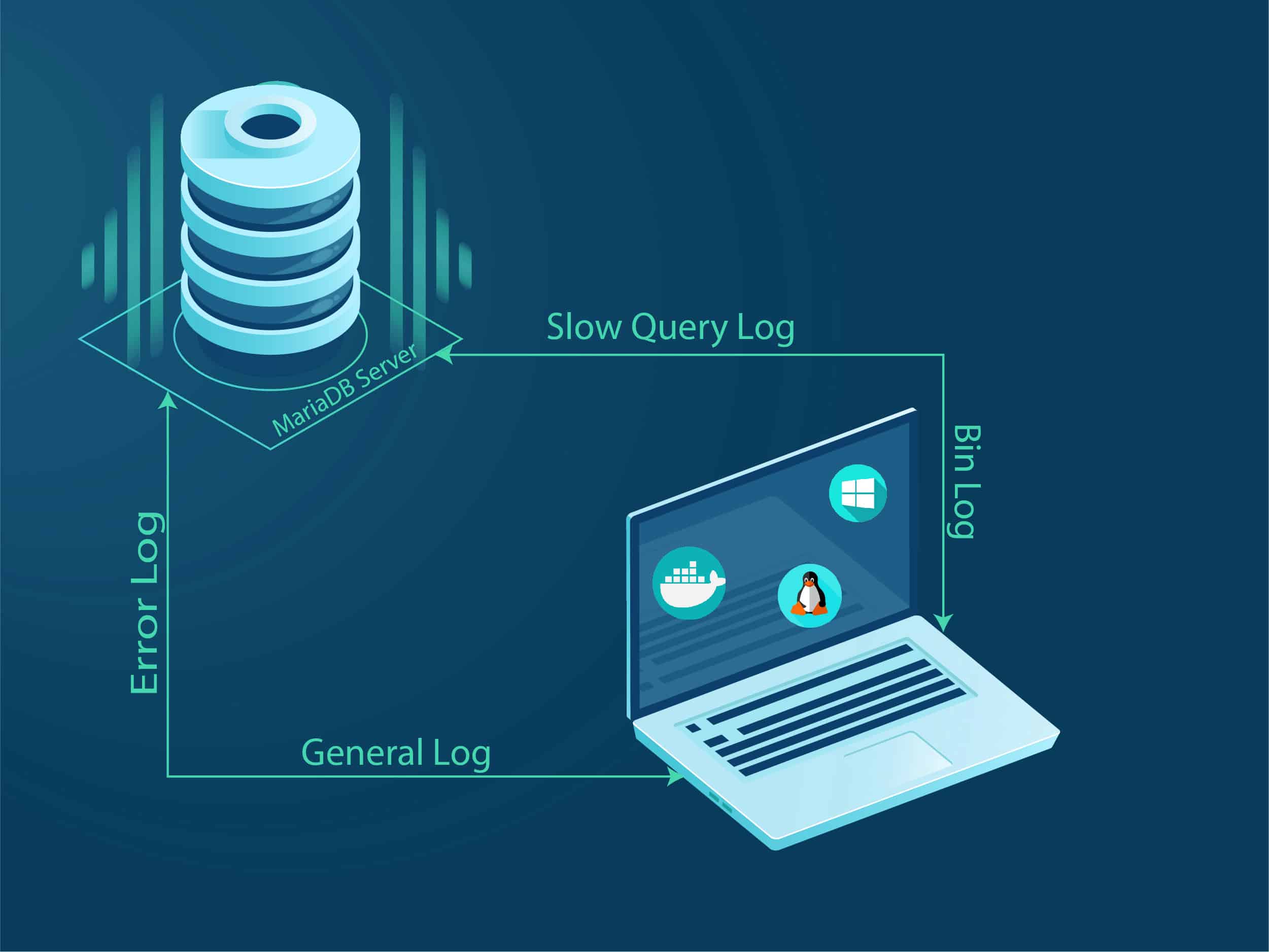Content
The Tesla CEO and cryptocurrency advocate has demonstrated enormous influence over Bitcoin’s price, sparking a rally when it was disclosed Tesla had invested $1.5bn in the coin. But there was speculation over whether Monday’s price drop was linked to institutional cryptocurrency traders arriving at work and responding to a social media post by Elon Musk which suggested the coin was overvalued. nalysts have also suggested individuals trading the cryptocurrency at home play a role in volatile weekend rallies.

The indictment outlines how the North Koreans—specifically Kim Il—made plans to launch a cryptocurrency token scheme called Marine Chain, which would sell a blockchain-based stake in marine vessels including cargo ships. According to the British think tank the Royal United Services Institute, Marine Chain was identified by the United Nations as a North Korean sanctions-evasion scheme in 2018; it’s not clear if it ever got off the ground. East Asia, North America and Western Europe are the biggest bitcoin hubs, with the first two alone accounting for about half of all transfers, according to Chainalysis, which gathers data by region with tools such as tagging cryptocurrency wallets. The change is being driven by an increasing appetite for bitcoin among bigger U.S. investors, according to Reuters interviews with cryptocurrency platforms and investors from the United States and Europe to South Korea, Hong Kong and Japan. Last week, the price of bitcoin fell 13.5 percent after rumours the country was going to ban cryptocurrency trading surfaced. Cybersecurity expert Nathan Fick warned North Korea could seek to use cybercrime and cryptocurrency, like bitcoin, to engage the US in a long-distance conflict.
Bitcoin’s Volatile History In Pictures
South Korea remains the third-largest market for virtual currency, behind the United States and Japan. During the Bitcoin bull run of 2017, an estimated 1 in 3 office workers owned cryptocurrencies. OKEx resumed withdrawals on Nov. 26, and its reserves fully covered deposits so users could withdraw funds with no restrictions, said Lennix Lai, director of financial markets. Another factor behind the 2020 trend, crypto experts said, is a decline of the armies of retail investors in Asia who drove bitcoin’s 2017 boom, which pushed it to its previous peak. Those interviewed by Reuters said compliance-wary U.S. investors, many of whom had been deterred by the opaque nature of the market in the past, are being attracted by the tightening oversight of the American crypto industry.
he price of Bitcoin plunged on Monday, wiping $10,000 (£7,120) from the cryptocurrency’s value in the space of just a few hours as the US Treasury Secretary called the coin “highly speculative” and “inefficient” for transaction. On Tuesday, the price of Bitcoin fell another US$300 or 3% to trade down at US$10,440. Elsewhere, the Ethereum cryptocurrency was also trading 3% lower changing hand at US$970. South Korea has reportedly accounted for as much as 20% of all cryptocurrency transaction during recent months as the price soared, and the regulatory clampdown has seen the FSC work with domestic banking institutions. An increasingly popular request from banks is that they require a look back on the VASPs transactions over a set period of time. This usually forms a report, and is facilitated by the bank by either asking the VASP directly, or requesting this information through a third party blockchain analysis provider. This crypto gold rush existed alongside limited regulatory oversight which created a fertile breeding ground for exploitation.
“Today’s complaint demonstrates that North Korean actors cannot hide their crimes within the anonymity of the internet. Funds laundered by the Chinese nationals included over $272,000 stolen by North Korean hackers from a virtual currency exchange in July last year. Aside from cryptocurrency, the hackers also stole Proton Tokens, PlayGame tokens, and IHT Real Estate Protocol tokens and laundered them through several intermediary addresses and other virtual currency exchanges. The hackers also laundered the stolen money through hundreds of automated cryptocurrency transactions to prevent law enforcement agencies from tracking the movement of the funds. Not only were the agencies able to trace the funds, they also found that a portion of the stolen funds was used to pay for infrastructure used in North Korean hacking campaigns against the financial industry. The complaint has been filed not long after two Chinese nationals were charged for laundering over $100 million worth of cryptocurrency that was stolen by North Korean hackers from a hacked cryptocurrency exchange.
1north Korea Has Amassed $670 Million In Bitcoin And Other Currencies
It isn’t the first time that individuals tied to North Korea have created false crypto companies. Last year we reported details of Marin Chain, a startup that had links to the country. It claimed to offer an alternative cryptocurrency linked to the shipping industry. At the time, security sources said that APT 38, the country’s elite hacking group, had stolen more than $1 billion to help the country’s finances. North Korea is under strict economic and trade sanctions due to its continued development of nuclear weapons. “Security analysts are unanimous in assessing that the funds stolen by APT 38 – a significant percentage of North Korean GDP – are channelled into the DPRK’s missile and nuclear development programs,” a source said at the time.
The CDM project page aims to provide a useful resource for those attempting to understand the complicated nexus of drug policy and the internet. The National Tax Service revealed that 2,416 tax evaders had accumulated $32mln in cryptocurrencies, including BTC and ETH.
The pair are accused of running an elaborate money laundering scheme involving more than $100m in cryptocurrency between hundreds of accounts, leaving a trail of disruption in their wake. The scheme used North Korean infrastructure to purchase 8,823 Apple iTunes gift cards for $1,448,694, created false identities, and built a sophisticated network of transactions. Hackers acting on behalf of the secretive state infiltrated and extracted more than $250 million (£195m) in cryptocurrency. Where the theft took place is a mystery, but the elaborate scheme the hackers used to move the funds back within North Korea has now started to unravel. Another investigation by security researchers at AlienVault uncovered a so-called crypto-jacking campaign, whereby state-back hackers allegedly hijacked foreign computer networks in order to secretly mine cryptocurrency.
Others also point out that cryptocurrency trading is highly opaque compared to traditional assets and patchily regulated, making comprehensive data on the emerging sector rare. Growing flows to North America this year are not necessarily “an indication that the centre of gravity is tilting towards the U.S.,” said James Quinn of Q9 Capital, a Hong Kong cryptocurrency private wealth manager.
With South Korean investors having gone heavily into crypto-currencies last year, the Government has shown over the last few days that it is keen to rein them in. One new rule is that investors will pay fines if they refuse to hold crypto-accounts in their own names. he price of Bitcoin surpassed $58,000 over the weekend, a new record high which came just days after its market capitalisation surpassed $1 trillion.
Polygon Price Analysis: Reversal Confirmed By Volume
I do not hold a position in any crypto asset or cryptocurrency or blockchain company. However, the Republic of Korea has been quietly developing – in conjunction with domestic academic and corporate partners – highly sophisticated counter-crypto capabilities. By March 2020, ROK technologies were so advanced that Seoul-based S2W Lab were invited to enter a technology-for-data partnership with Interpol. The year-long arrangement formalised mass data sharing between the ostensibly private organisation and international law enforcement.
Those serving investors in the region bled 240,000 bitcoin worth $3.8 billion last month, versus an inflow of 1,460 in January, according to the data from U.S. blockchain researcher Chainalysis. Bitcoin, the biggest and original cryptocurrency, soared to a record $19,918 on Tuesday, buoyed by demand from investors who variously view the virtual currency as a “risk-on” asset, a hedge against inflation and a payment method gaining mainstream acceptance. The Ministry said cryptocurrency users will face a 20% tax on profits over 50 million South Korean won (US$45,685).
CryptoGlobe – Swisscom AG, one of the largest telecommunications providers in Switzerland, has introduced a new approach to utilizing non-fungible tokens NFTs. AMBCrypto News – Bitcoin ‘s price surge has brought back a fervor to the cryptocurrency markets with every sector of the industry witnessing developments.
In October, researchers from the cyber-threat intelligence firm Recorded Future linked two separate cryptocurrency scams to a network of “North Korea-enablers” in Singapore, each reportedly designed to funnel funds into the country by conning investors. Their report, set to be published this week, revealed how North Korea is stockpiling cryptocurrency in order to circumvent strict economic sanctions. Earlier this year, the South Korean National Assembly passed one of the world’s first comprehensive cryptocurrency laws in order to provide a legal framework for cryptocurrencies and exchanges. South Korea is one of the world’s biggest hubs for cryptocurrency activity and is home to several large exchanges. A taxation bill would have major implications for the country’s cryptocurrency industry, and could potentially impact the global industry. South Korea is considering reclassifying cryptocurrencies as “goods” rather than currencies, meaning bitcoin would be subject to tax rates as high as 20 per cent. I see the music on the blockchain scammers are now talking up DeFi — so your money can be stolen by hackers instead of by your label.
Analysts said 5G phones would continue to get cheaper in 2021, which could lead to sales rising overall. hile sales of Samsung fell 14.6pc year-on-year and Huawei phone sales crashed 24pc, Apple increased its sales by 3.3pc, selling an estimated 200m phones over the 12 months. Overall in 2020, the global smartphone market shrank 12.5pc, according to data from analysts Gartner as the pandemic hit consumer demand. In December, reports surfaced that executives at the company were rattled byshare spikes that followed Airbnb and Doordash’s market debuts.
How – and why – the Republic of Korea has moved so far forward in counter-crypto enforcement capabilities is worthy of attention. Gareth is a radio presenter and an award-winning sports journalist based in Johannesburg, South Africa.
The impromptu operation was mainly targeted at individuals with unsettled taxes in excess of 10 million won and identified hidden assets to the tune of 36.6 billion won. The accurate identification of offenders was made possible with the help of intelligence shared by domestic cryptocurrency exchanges. By virtue of blockchain’s inherent anonymity and decentralization, cryptocurrencies, a use case of blockchains, are widely viewed as a realm free of any government’s reach and authority. Certain citizens invest huge amounts of fiat currencies into tokens in the hopes of it being a non-taxable store of value. However, vague yet strict regulatory protocols are in place and any violation is subject to penalty under the law.
The crackdown picked out individuals that had made profits over $10M while evading tax, and the NTS recovered all the hidden assets in cash and bonds. South Korea’s tax authorities have already proved that they will take action against individuals that do not abide by its laws. Earlier this week 2400 individuals had been caught using cryptocurrencies to avoid paying tax. The amendments to the existing act carry some serious implications for companies that fail to abide by new requirements. Businesses that deal with the exchange, custody and management of cryptocurrencies will have to report to the Korea Financial Intelligence Unit , which oversees the implementation of AML practices in the country. According to a report from local publication Korea JoongAng Daily, businesses that deal with cryptocurrencies will have to report financial transactions to the government as well as adhere to strict anti-money laundering requirements. Bithumb, one of the world’s largest private Bitcoin exchanges, is in South Korea and more than two million people are thought to own some Bitcoins.
“It is a natural step for both a group of actors that has been so embedded in the cryptocurrency world for years and for a network that is being forced to innovate new funding streams to counter the effects of international sanctions.” “Broadly, these types of cryptocurrency scams fit the template of low-level financial crime described by defectors,” the report stated.
- The scrutiny which banks are under for suspicious transactions is almost non-existent in the cryptocurrency industry, but not for lack of risk.
- You may also wonder what would compel anyone else to run code making a special case for these particular bitcoins.
- It presents an analysis of the background to the shift toward decentralisation, a description of the new process, and a diagrammatic representation of the multisig escrow model.
- Bitcoin could be used by North Korea to shore up is besieged economy, Dr Garrick Hileman told Express.co.uk.
- Some have begun to adopt regulation in line with last summer’s FATF Virtual Asset Guidance, but progress is slow.
The crackdown on Seoul-based operators of some of the world’s busiest virtual currency exchanges comes as the government attempts to calm frenzied demand for cryptocurrency trading in Asia’s fourth-largest economy. BITCOIN has plummeted 14 per cent in value after South Korean police raided major cryptocurrency exchanges, it has been revealed. A US cybersecurity firm identified a North Korean hacking group as the hackers behind the latest cryptocurrency attacks in South Korea.
North Korea, along with most other illicit actors, relies almost entirely on the anonymity available in the current cryptocurrency infrastructure. The scrutiny which banks are under for suspicious transactions is almost non-existent in the cryptocurrency industry, but not for lack of risk.
Industry experts caution it is too early to call a fundamental shift in the market, particularly in an unprecedented year of pandemic-induced financial turmoil. Weekly net inflows of bitcoin – a proxy for new buyers – to platforms serving mostly North American users have jumped over 7,000 times this year to over 216,000 bitcoin worth $3.4 billion in mid-November, data compiled for Reuters shows. But the boom represents a shift in the market, which has typically been dominated by investors in East Asian nations like China, Japan and South Korea since the digital currency was invented by the mysterious Satoshi Nakamoto over a decade ago. Financial institutions and crypto exchanges are both targeted with hacks that «exploited ‘defi’ protocols – i.e., smart contracts that facilitate automated transactions,» the UN report said. «Preliminary analysis, based on the attack vectors and subsequent efforts to launder the illicit proceeds, strongly suggests links to the [Democratic People’s Republic of Korea],» it said. A main advantage of cryptocurrencies is that they are decentralised and unregulated by Governments. Mr Dwyer said cryptocurrencies in South Korea trade at a premium because “it’s very difficult to get cash out of the country”.











